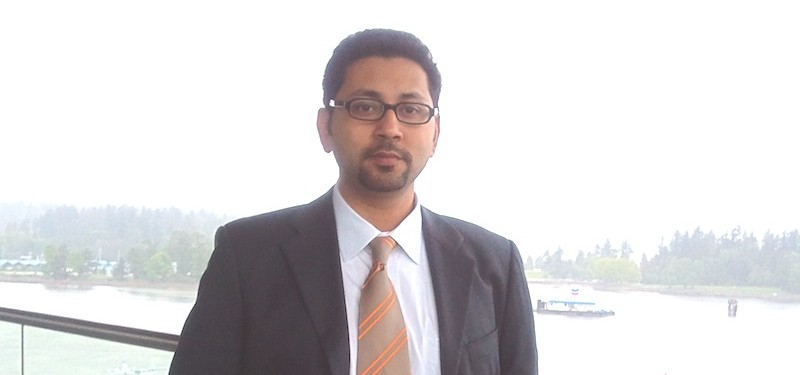The PIE: What’s the appeal of Singapore and Malaysia for students?
News and business analysis for Professionals in International Education
Have some pie!
Dr Rahul Choudaha, World Education Services, USA

RC: There is that qualitative difference with Singapore and Malaysia, not only with the policy perspective but also from institutional quality perspective. They work on building a reputation for quality which isn’t as high in other destinations. So for example talking about Indonesia and Vietnam – they are emerging markets but they do not have the capacity to claim to be quality study destinations. They will be senders of students; that is where the consumer class is coming from.
The PIE: What can we expect from the Indian market in the next five to ten years?
RC: One of the biggest changes I expect will be in student mobility. Right now the Indian market is mostly graduate students within engineering or computer science related fields. This is going to change because of the shift in demographics after liberalisation in India in the early nineties. There is this rich professional class that has emerged and their children are going to international schools.
They are going to graduate in a few years and will have a broader base so will study more unconventional subjects like arts, journalism or communication. They will have money so they will be able to afford going abroad for different kinds of programmes, and will start going at the undergraduate level as well. I see this happening from 2015. I call them Generation Q – a generation looking for quality who will be going for undergraduate programmes beyond engineering and computer science.
‘Generation Q’ Indians will study more unconventional subjects like arts, journalism or communication
The PIE: And you see change on the domestic front?
Yes, at a systemic level. There’s going to be more and more pressure to bring quality to Indian higher education. Currently the state of affairs is very, very disheartening. Quality is the last thing considered because of the archaic policy framework. Institutions themselves are not living up to those professional outcomes so they are compromising a lot of things by not delivering quality. Students are ultimately the victims in this process. In the next three to five years there will be more pressure on policy makers and institutions from students and families to make changes in the HE system, and that hopefully will bring more quality.
The PIE: What should the recruitment of Generation Q look like?
RC: The approaches to recruit students are still based on early 2000 traditional methods. Student mechanics have completely changed in the last five years. Have recruitment practices evolved to the same levels? Not necessarily. So that’s where the big gap is for Indian students. Or anywhere in general. The use of social media has picked up at a very fast pace – faster than the ability of institutions to adapt to their behaviour. A lot of time universities are ignoring what has changed, which puts them at a great disadvantage.
Still looking? Find by category:



One Response to Dr Rahul Choudaha, World Education Services, USA